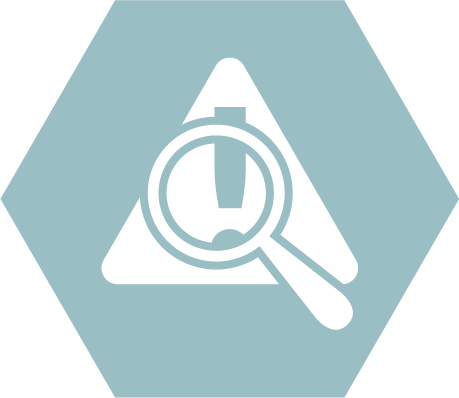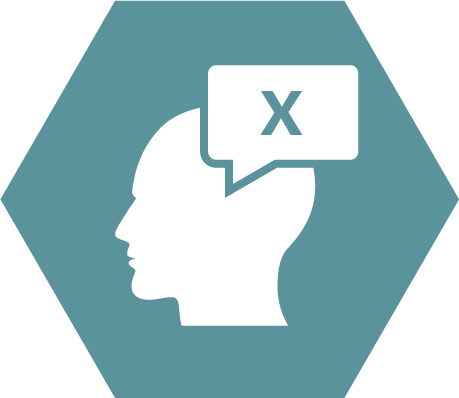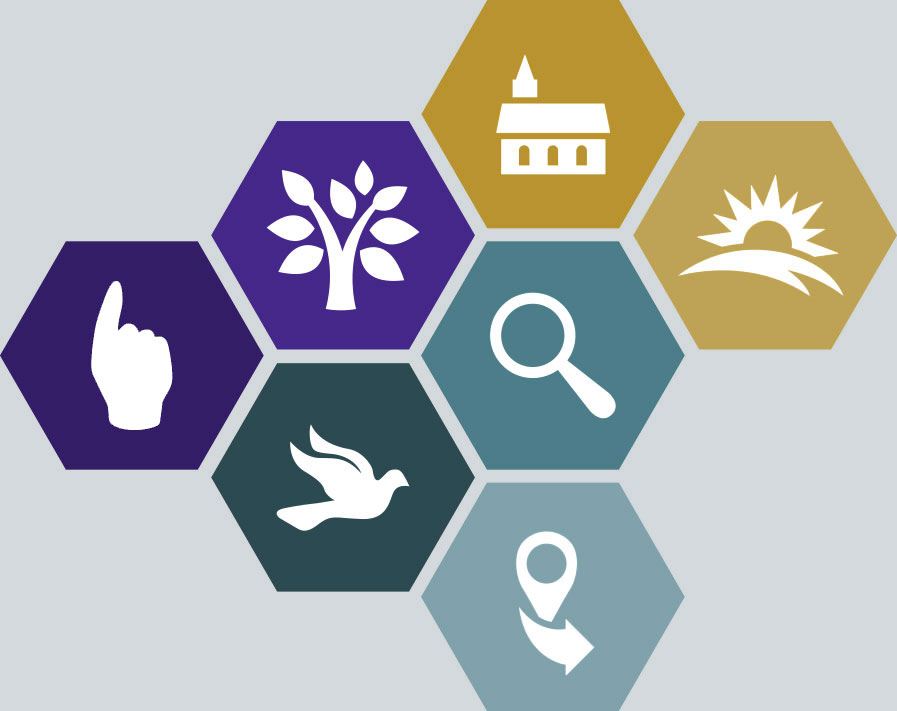Nurturing Truth and Confronting Lies
“Then you will know the truth, and the truth will set you free.” John 8:32
Physical poverty and injustice are symptoms of a deeper problem—wrong beliefs. If we are to see lives transformed, we must begin by identifying individual and societal lies that create brokenness and then bring biblical truths that lead to flourishing.

Wrong beliefs are the root of Brokenness
While much good work is done around the world, most practitioners would admit that true transformation—a complete and permanent change to a flourishing life—is rare. That’s because we often focus on changing behaviors, outcomes, or circumstances, but never really get to the root of the brokenness people are experiencing. The root of poverty and brokenness is wrong beliefs. Unless we identify the beliefs impacting those we work with and bring truth to counter lies, we will not see lives transformed.

Common Lies
People trapped in poverty are impacted by their own beliefs, the beliefs that shape societal systems, and the beliefs of those seeking to help. While all people and cultures contain some truth, there are also some lies that are both common and extremely destructive:
The poor have nothing and can do nothing.
This is a lie believed by both poor people themselves and the societies they live in. Too often this lie is reinforced by well-meaning programs that bring outside resources and handouts. But the truth is, God has given resources to even the poorest, and He expects them to be stewarded for His glory.
Some people have more value than others.
This devastating lie is believed in societies around the world, and leads to all kinds of injustice, violence, oppression, and poverty. Women often fall in the category of “less valuable.” Or ethnic minorities. Or poor people. Or those with disabilities. But the Bible teaches that every person was created in God’s image with equal value and potential.
We were born poor and we will die poor; there is nothing we can do to change our destiny.
Most people trapped in generational poverty truly believe that poverty is their destiny and they cannot do anything to change it. But God’s word contains hundred of promises that, if we will follow His ways, He will heal our land, bring good and not evil, prosper our work, and give us hope and a future.
Development projects and physical resources are the answer to poverty.
Although poverty does involve lack of necessities like sufficient food, clean water, and hygiene, these are symptoms of deeper problems rooted in societal and personal lies. By providing physical resources rather than bringing truth to heal broken beliefs, those seeking to address poverty may do some good, but will rarely see lasting positive changes.
This is just a sampling of the many lies that need to be confronted if we are to see transformation in the lives of people stuck in poverty.

Nurturing Key Truths
As we identify wrong beliefs, we can begin to teach truth to counteract those beliefs. Along with looking at scripture, some of the best tools for starting people on the path to change are role models, stories, and testimonies. We must remember, though, that changing deeply-held beliefs takes time and comes primarily as people try new things that result in experiences that support new beliefs. Most importantly, we must bathe our work in prayer, asking the Holy Spirit to bring understanding and conviction. The truth is, only God can break lies and bring the transformation we long for.



